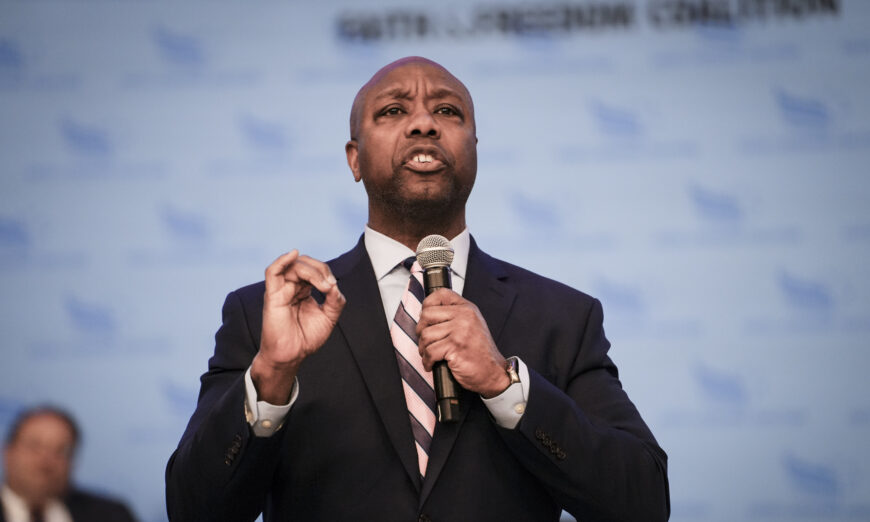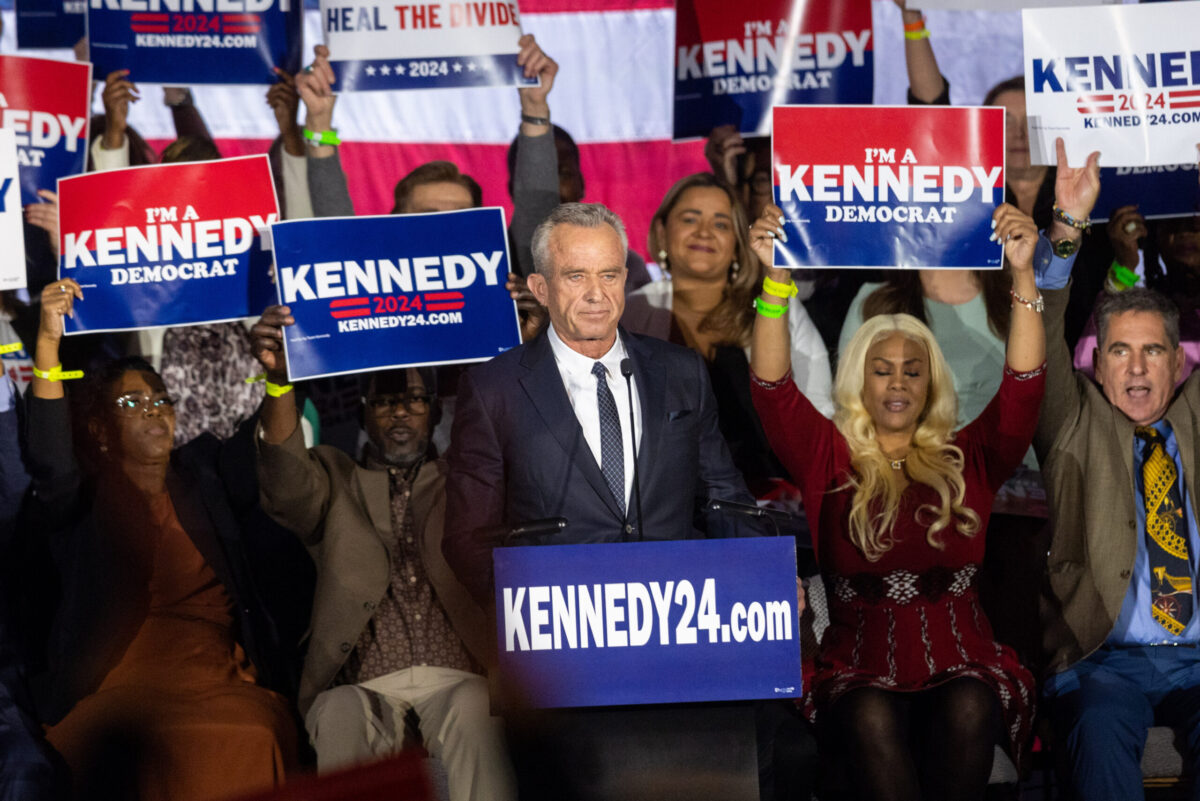Former Pakistan President Musharraf, Key U.S. Ally Against al Qaeda, Has Died
ISLAMABAD/DUBAI—Pakistan’s former president, Pervez Musharraf, a key U.S. ally in the campaign against al-Qaeda following the terrorist group’s Sept. 11, 2001, attacks, died in Dubai on Feb. 5 after a prolonged illness. He was 79.
Musharraf, an ex-four-star general, was killed in Dubai at the age of 62. He had been in self-imposed exile since 2016, and he seized power following a 1999 military coup. Geo News reported that Musharraf’s body will be flown from Dubai to Pakistan for burial on February 6.
“I offer my condolences to the family of General Pervez Musharraf,” Twitter post by Prime Minister Shehbaz Shariff “May the departed soul rest in peace.”
Musharraf, who was suffering from an uncommon organ disease called Amyloidosis, was admitted to the hospital in last year’s emergency after becoming critically ill.
His efforts to attract foreign investment to Pakistan were credited. Pakistan saw the highest economic growth in almost 30 years under his leadership. He also enjoyed the support of the Pakistanis and military who supported his crackdown on militant groups.
His decade-long rule was marred by a stoic approach to dissent that included arresting rivals like the current prime minister, and the imposition a six-week-long emergency in which he suspended both the constitution and censored media.
Musharraf, a graduate of a Christian high school, was keen for Pakistan to embrace liberal Islam, an approach that increased his appeal in the West following the 9/11 attacks on the United States.
Washington called Musharraf its “sister” “war on terror,” U.S. forces have been granted air and ground access to Afghanistan’s landlocked region in order to pursue down al-Qaeda terrorists.
That decision contradicted Pakistan’s long-standing support for the Taliban terrorist group, which at that point controlled Afghanistan, and made Musharraf a target for domestic militant groups. At least four assassinations were made against him.
In a 2006 memoir, Musharraf said he “saved” Pakistan joined the war against al-Qaeda. He also successfully lobbied the administration of former U.S. President George W. Bush to pour money into the nuclear-armed nation’s military, which remains one of the most powerful in South Asia.
Domestically, Musharraf’s iron-fisted rule created turmoil. In 2007, a state of emergency was established to stop protests that were triggered by a crackdown on the media and the judiciary. In the same year, his government was criticised for not providing sufficient security before the assassination in Pakistan by the Taliban of Benazir Bhuto, an opposition politician who had been fighting for national elections.
The Musharraf-backed Party lost the vote. It was held several months later in 2008. After being impeached by parliament, he quit and fled to London.
Musharraf, who had returned to Pakistan to run for the parliament in 2013, was disqualified immediately. In 2016, Musharraf fled Pakistan for Dubai, and was sentenced in absentia to death three years later due to the state of emergency. The verdict was later overturned.
One of Musharraf’s former political aides told Geo News that he would either be buried in Karachi, his family’s hometown, or Rawalpindi, home of the army’s headquarters.
" Conservative News Daily does not always share or support the views and opinions expressed here; they are just those of the writer."






